The Science of Conjecture: Evidence and Probability before Pascal
By James Franklin
Category
MathRecommended by
"The Science of Conjecture" by James Franklin is a captivating exploration of the art and methodology of conjecture.
Divided into three sections, this book delves into the historical roots of conjecture and its profound impact on the development of mathematics and scientific thinking. Franklin skillfully navigates the reader through the fascinating evolution of conjecture, from its early appearances in ancient civilizations to its prominent role in modern research.
Through a meticulous analysis of famous conjectures, Franklin examines the methods used by mathematicians and scientists to formulate these hypotheses and drive progress. He unveils the underlying thought processes, highlighting the balance between intuition and rigorous logical reasoning that are integral to successful conjecture.
In addition, Franklin sheds light on the crucial role of uncertainty in the scientific process, emphasizing the importance of embracing conjecture as a tool for discovery. He challenges conventional notions of certainty and showcases how even failed conjectures can pave the way for groundbreaking advancements.
"The Science of Conjecture" not only offers deep insights into the intellectual journey of conjecture, but it also provides practical advice for individuals interested in engaging with the scientific method. Franklin offers guidance on how to formulate meaningful conjectures, navigate the inherent uncertainty, and test hypotheses through empirical observation and experimentation.
Furthermore, the book balances technical complexity with accessible explanations, making it a valuable resource for both experts and those with a general interest in the philosophy and methodology of science.
In summary, "The Science of Conjecture" is an enlightening and thought-provoking read, presenting a comprehensive exploration of the historical, methodological, and philosophical aspects of conjecture. With expert analysis and practical advice, Franklin invites readers to appreciate the power and beauty of conjecture in advancing our understanding of the world.
Divided into three sections, this book delves into the historical roots of conjecture and its profound impact on the development of mathematics and scientific thinking. Franklin skillfully navigates the reader through the fascinating evolution of conjecture, from its early appearances in ancient civilizations to its prominent role in modern research.
Through a meticulous analysis of famous conjectures, Franklin examines the methods used by mathematicians and scientists to formulate these hypotheses and drive progress. He unveils the underlying thought processes, highlighting the balance between intuition and rigorous logical reasoning that are integral to successful conjecture.
In addition, Franklin sheds light on the crucial role of uncertainty in the scientific process, emphasizing the importance of embracing conjecture as a tool for discovery. He challenges conventional notions of certainty and showcases how even failed conjectures can pave the way for groundbreaking advancements.
"The Science of Conjecture" not only offers deep insights into the intellectual journey of conjecture, but it also provides practical advice for individuals interested in engaging with the scientific method. Franklin offers guidance on how to formulate meaningful conjectures, navigate the inherent uncertainty, and test hypotheses through empirical observation and experimentation.
Furthermore, the book balances technical complexity with accessible explanations, making it a valuable resource for both experts and those with a general interest in the philosophy and methodology of science.
In summary, "The Science of Conjecture" is an enlightening and thought-provoking read, presenting a comprehensive exploration of the historical, methodological, and philosophical aspects of conjecture. With expert analysis and practical advice, Franklin invites readers to appreciate the power and beauty of conjecture in advancing our understanding of the world.
Share This Book 📚
More Books in Math
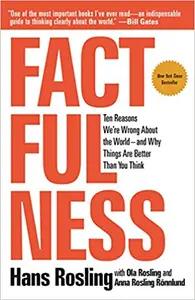
Factfulness
Hans Rosling
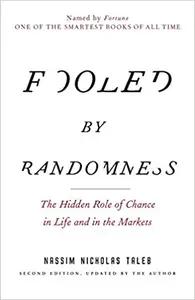
Fooled By Randomness
Nassim Nicholas Taleb
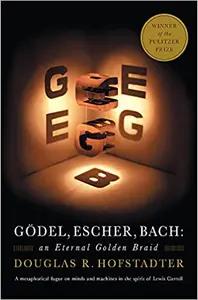
Gödel, Escher, Bach
Douglas R. Hofstadter
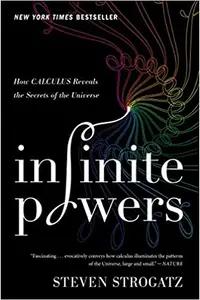
Infinite Powers
Steven Strogatz
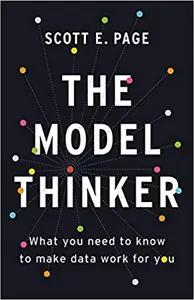
The Model Thinker
Scott Page
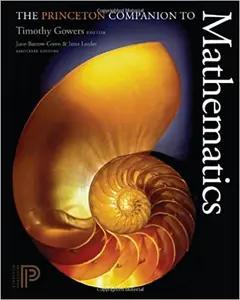
The Princeton Companion to Mathematics
Timothy Gowers
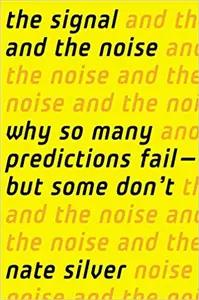
The Signal and the Noise
Nate Silver
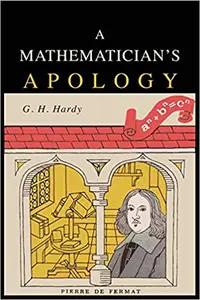
A Mathematician's Apology
G. H. Hardy
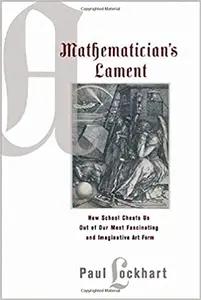
A Mathematician's Lament
Paul Lockhart
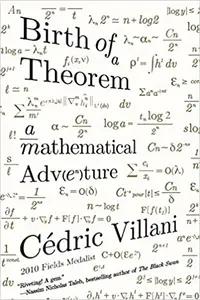
Birth of a Theorem
Cédric Villani
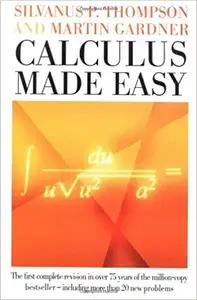
Calculus Made Easy
Silvanus P. Thompson
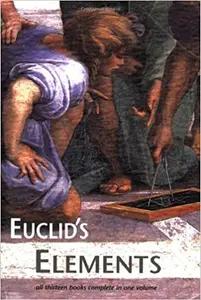
Euclid's Elements
Euclid
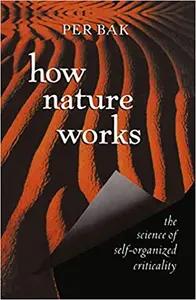
How Nature Works
Per Bak
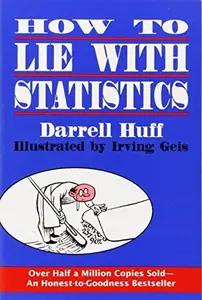
How To Lie With Statistics
Darrell Huff
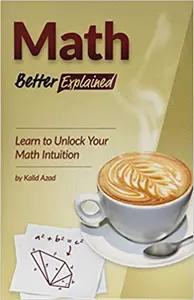
Math, Better Explained
Kalid Azad
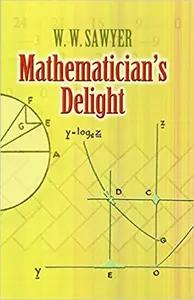
Mathematician's Delight
W. Sawyer
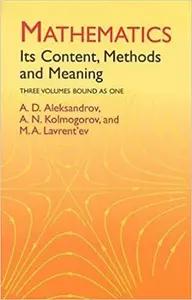
Mathematics
A.D. Aleksandrov
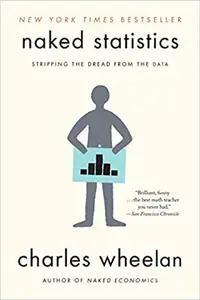
Naked Statistics
Charles Wheelan
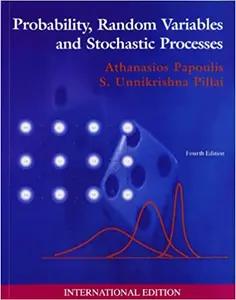
Probability, Random Variables and Stochastic Processes
Athanasios Papoulis
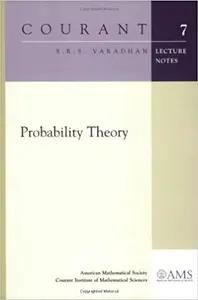
Probability Theory
S.R.S. Varadhan
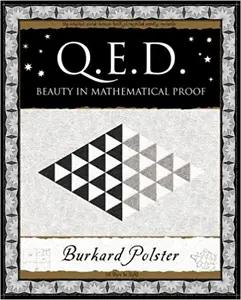
Q.E.D.
Burkard Polster
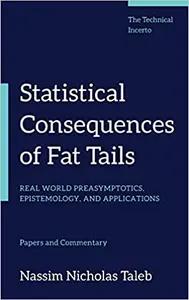
Statistical Consequences of Fat Tails
Nassim Taleb
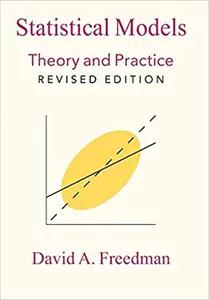
Statistical Models
David A. Freedman
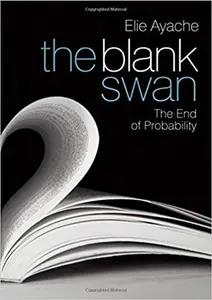
The Blank Swan
Elie Ayache
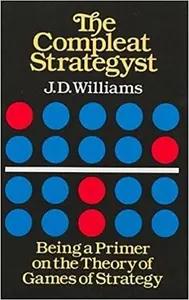
The Compleat Strategyst
J. D. Williams
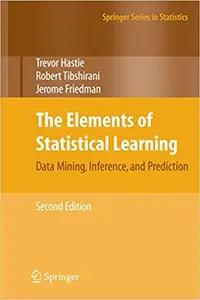
The Elements of Statistical Learning
Trevor Hastie
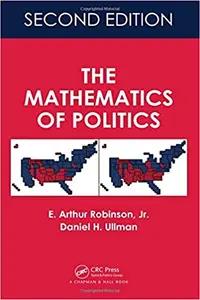
The Mathematics of Politics
E. Arthur Robinson
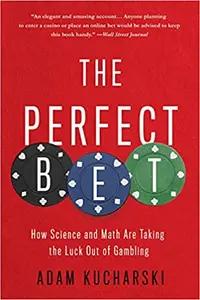
The Perfect Bet
Adam Kucharski
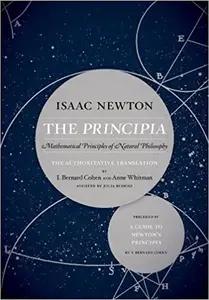
The Principia
Isaac Newton
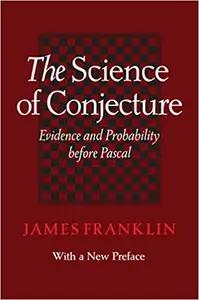
The Science of Conjecture
James Franklin
Popular Books Recommended by Great Minds 📚
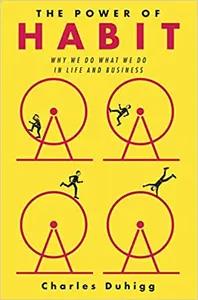
The Power of Habit
Charles Duhigg
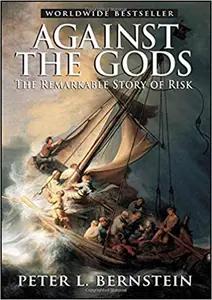
Against The Gods
Peter Bernstein
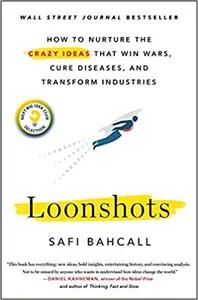
Loonshots
Safi Bahcall
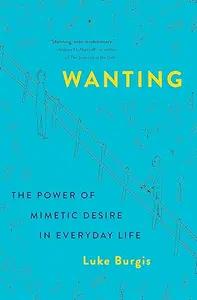
Wanting
Luke Burgis

The Courage To Be Disliked
Ichiro Kishimi
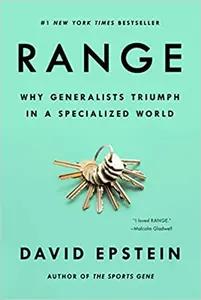
Range
David Epstein
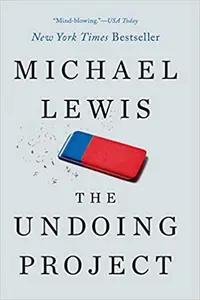
The Undoing Project
Michael Lewis
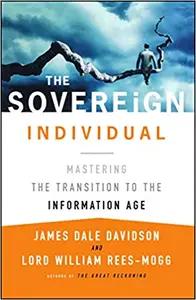
The Sovereign Individual
James Dale Davidson & William Rees-Mogg
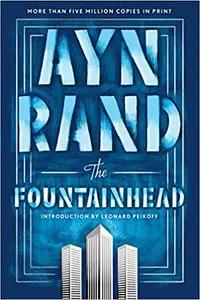
The Fountainhead
Ayn Rand
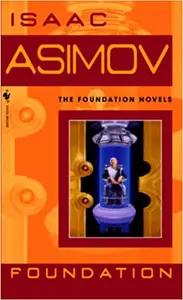
Foundation
Isaac Asimov
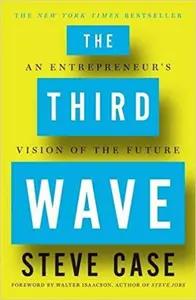
The Third Wave
Steve Case
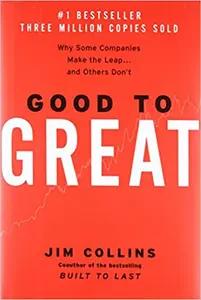
Good To Great
Jim Collins

Guns, Germs, and Steel
Jared Diamond
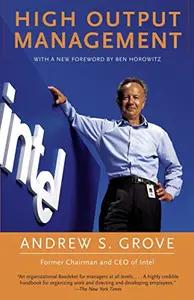
High Output Management
Andrew Grove

Destined For War
Graham Allison
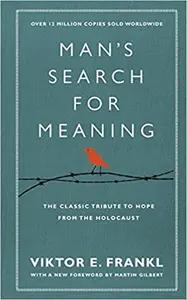
Man's Search for Meaning
Viktor Frankl
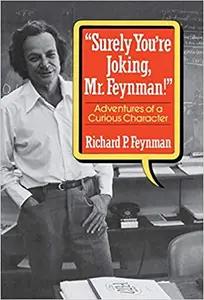
Surely You're Joking Mr. Feynman
Richard Feynman
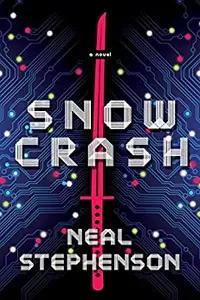
Snow Crash
Neal Stephenson
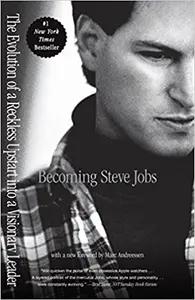
Becoming Steve Jobs
Brent Schlender

The Autobiography of Benjamin Franklin
Benjamin Franklin
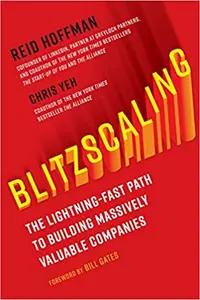
Blitzscaling
Reid Hoffman

Extreme Ownership
Jocko Willink
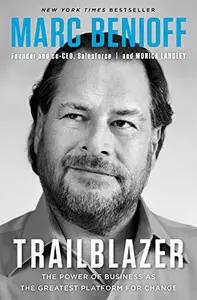
Trailblazer
Marc Benioff
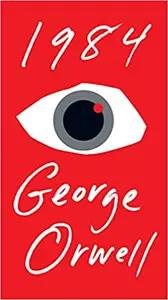
1984
George Orwell
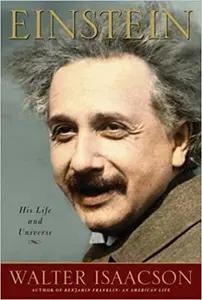
Einstein
Walter Isaacson
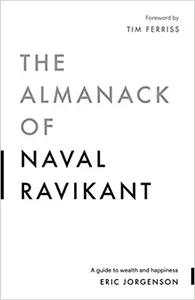
The Almanack of Naval Ravikant
Eric Jorgenson
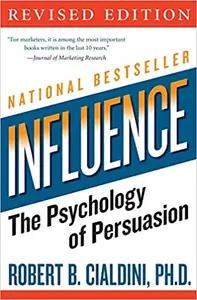
Influence
Robert Cialdini
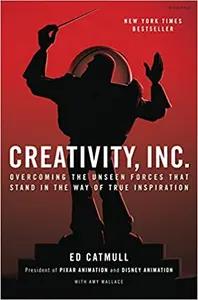
Creativity, Inc.
Ed Catmull

The Holy Bible
Various
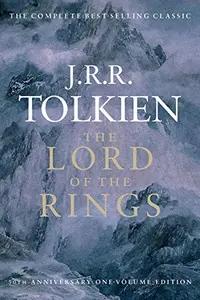
The Lord of the Rings
J.R.R. Tolkien